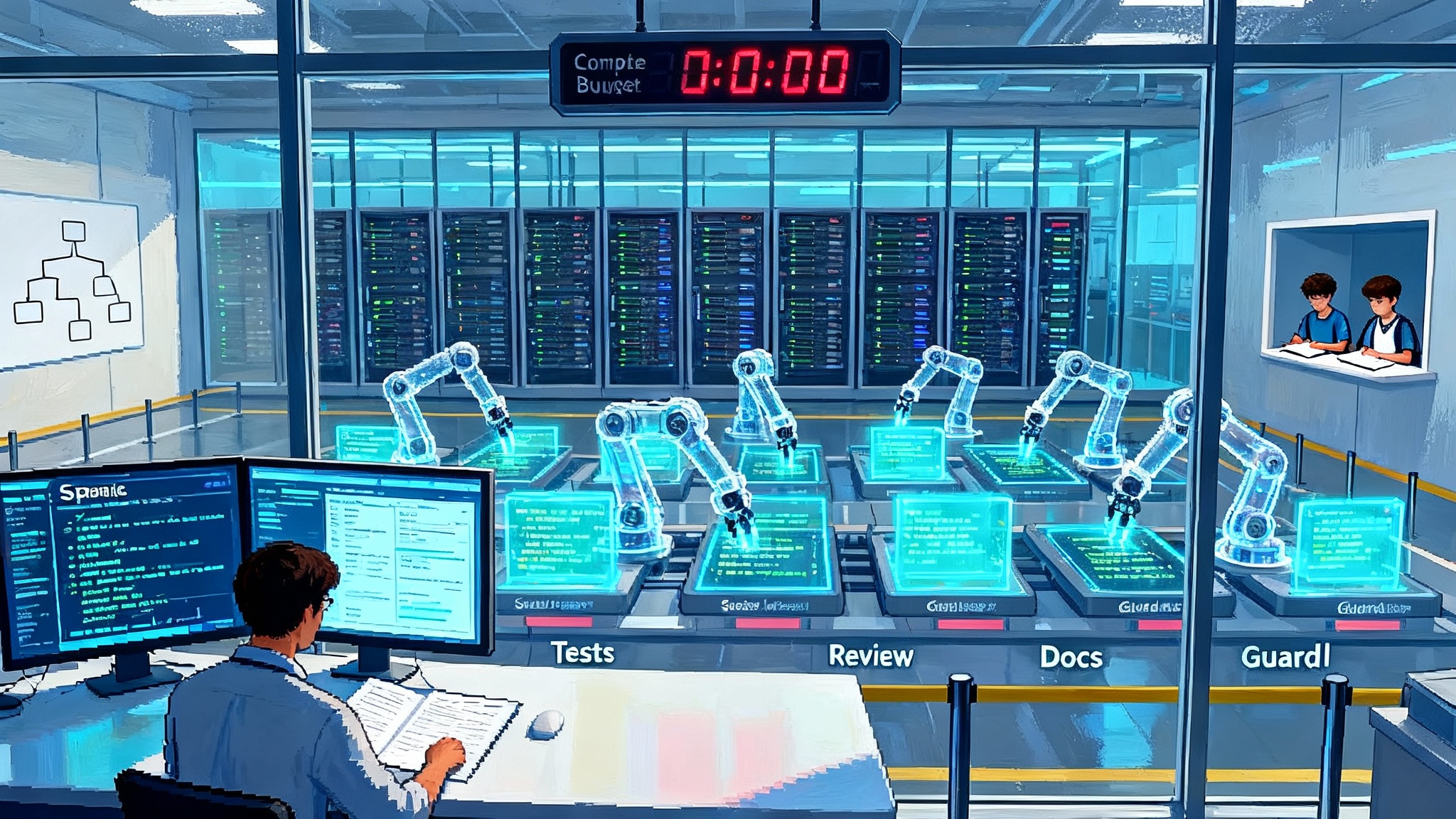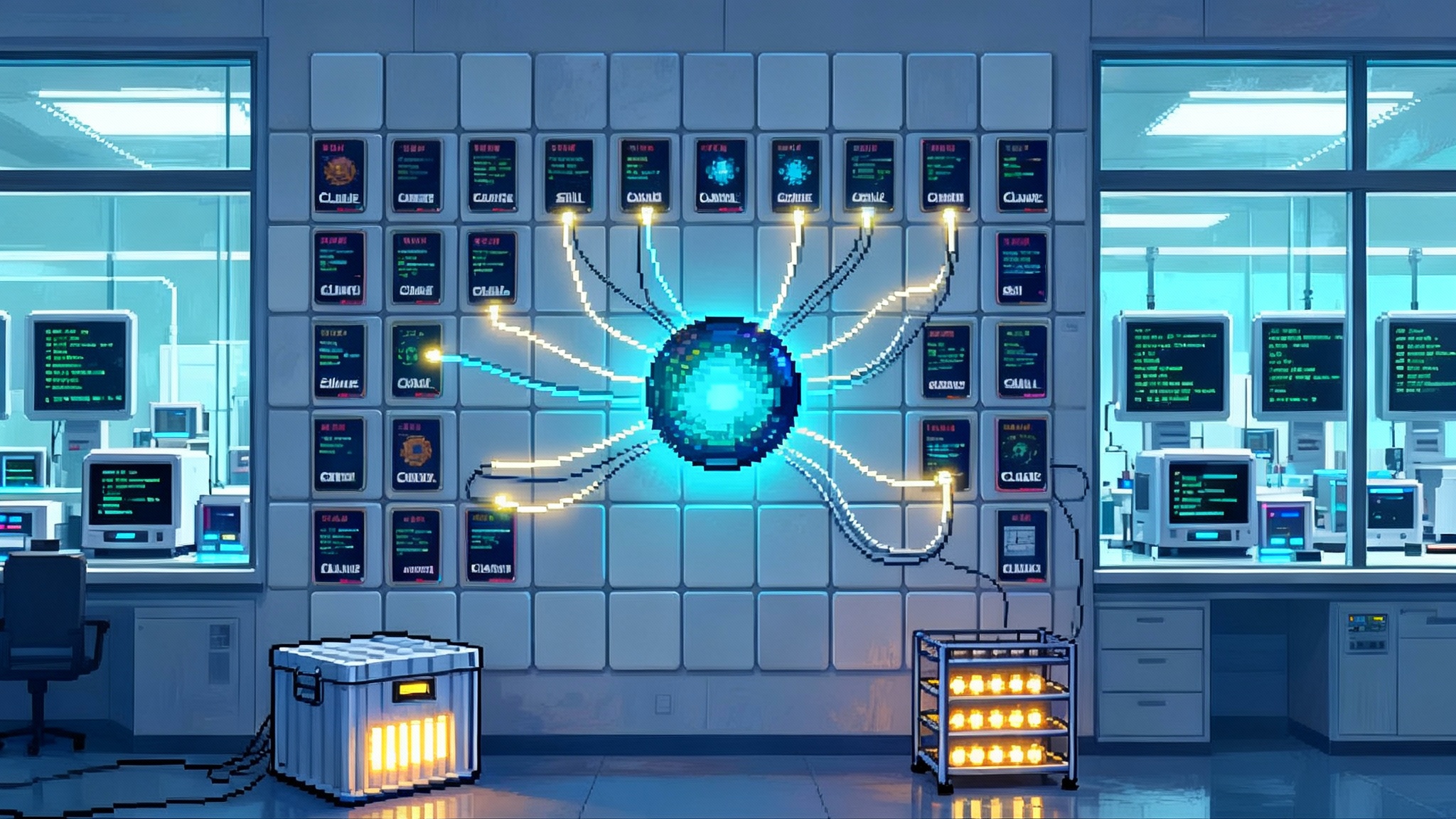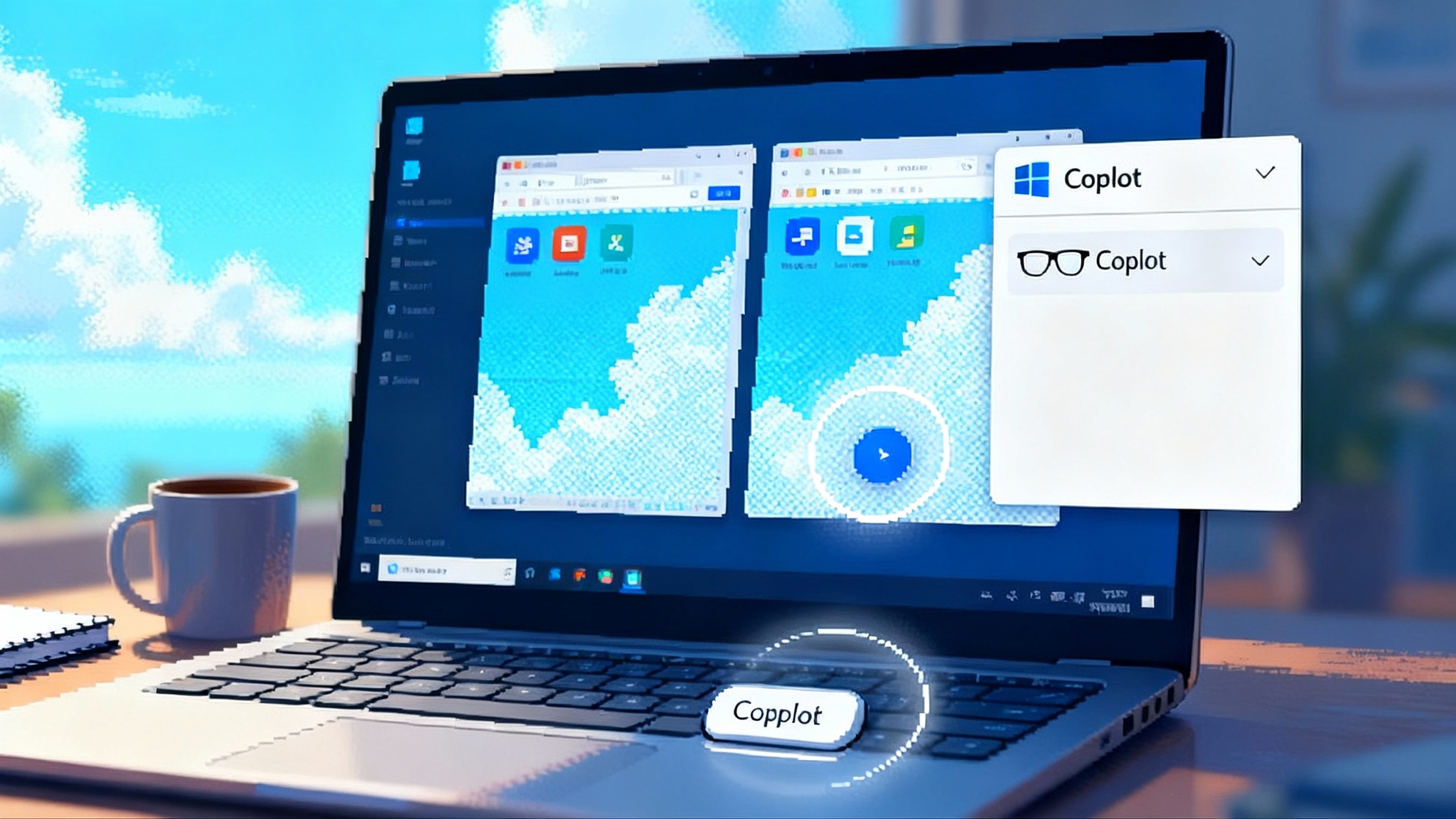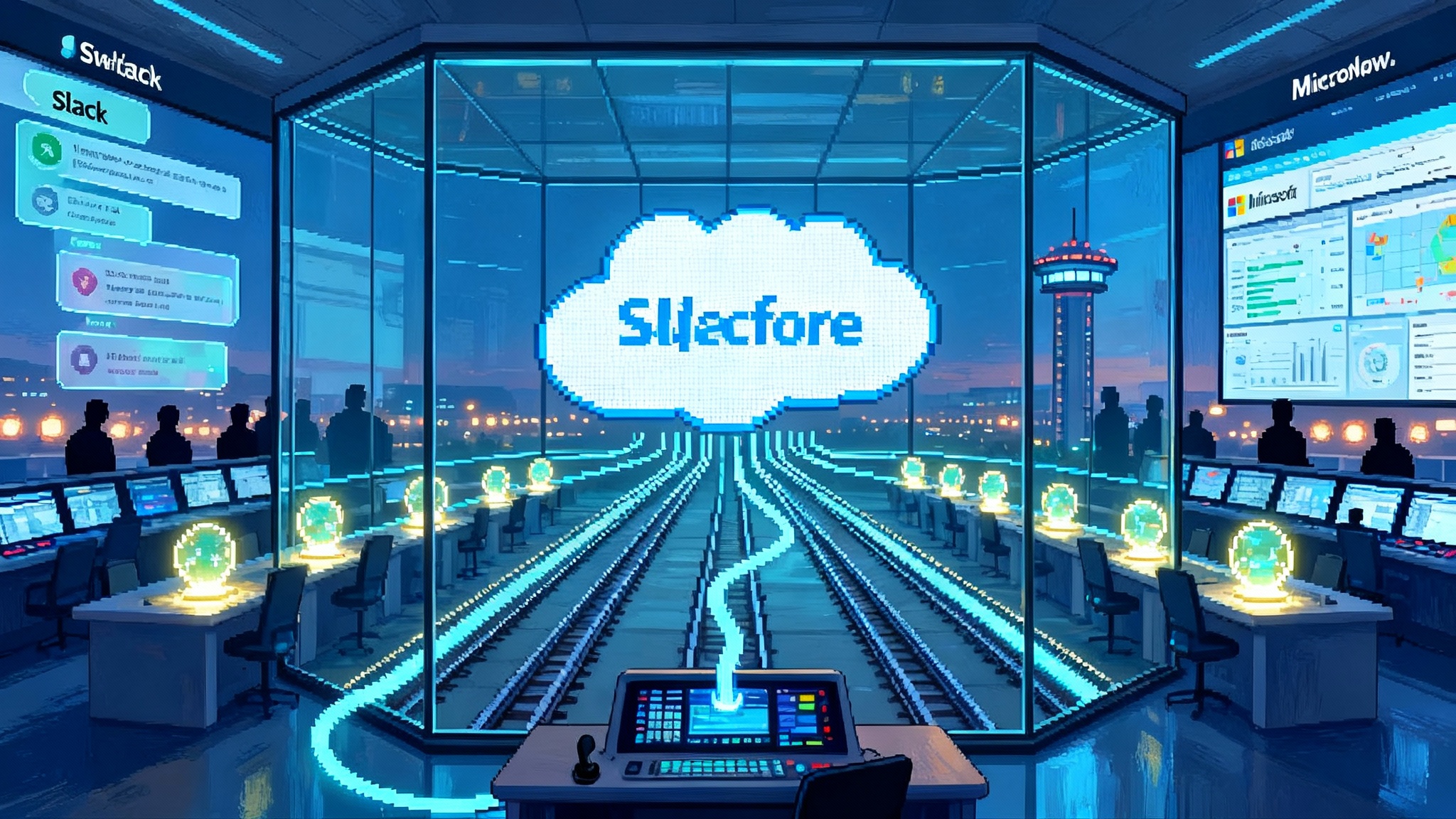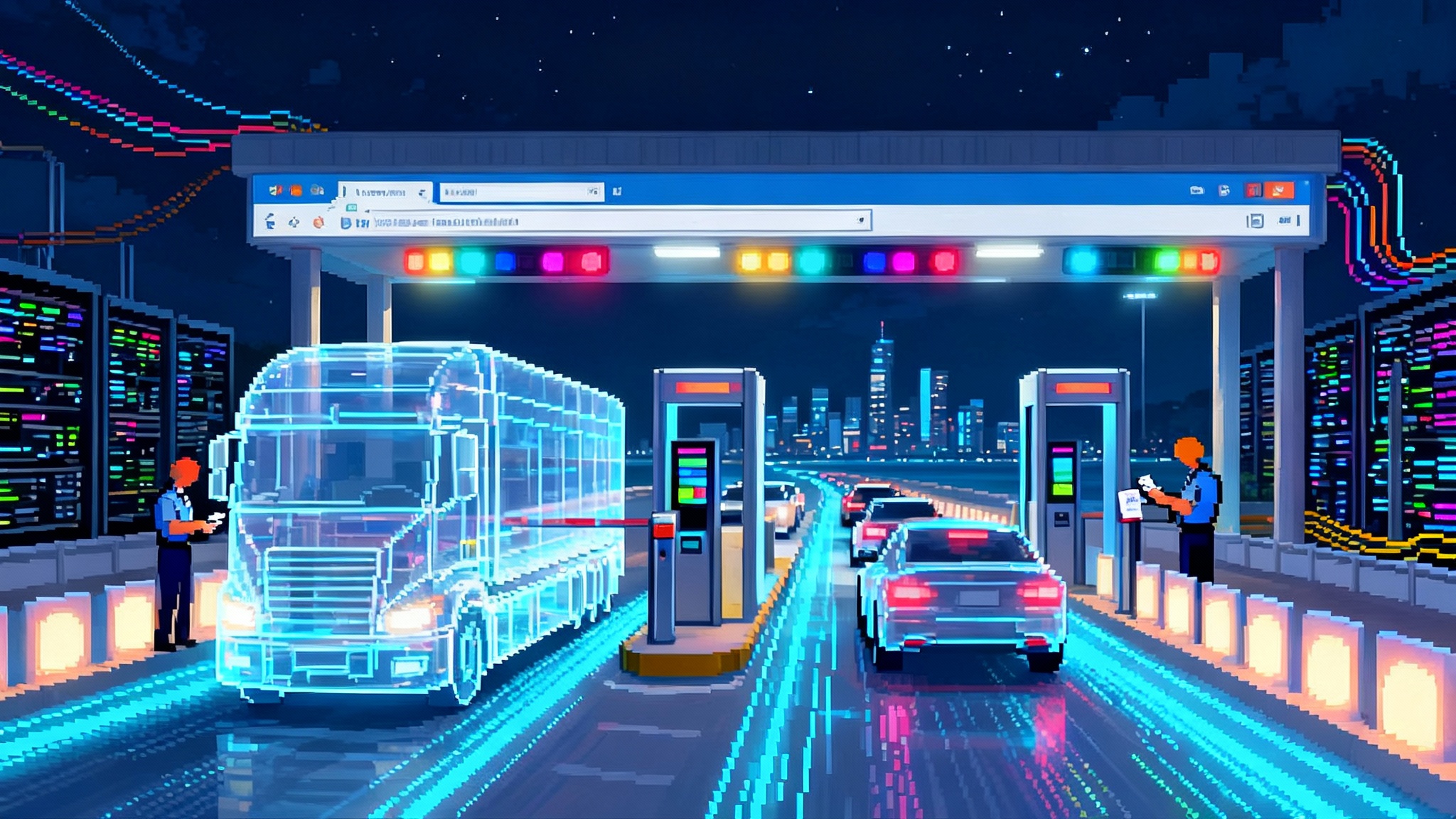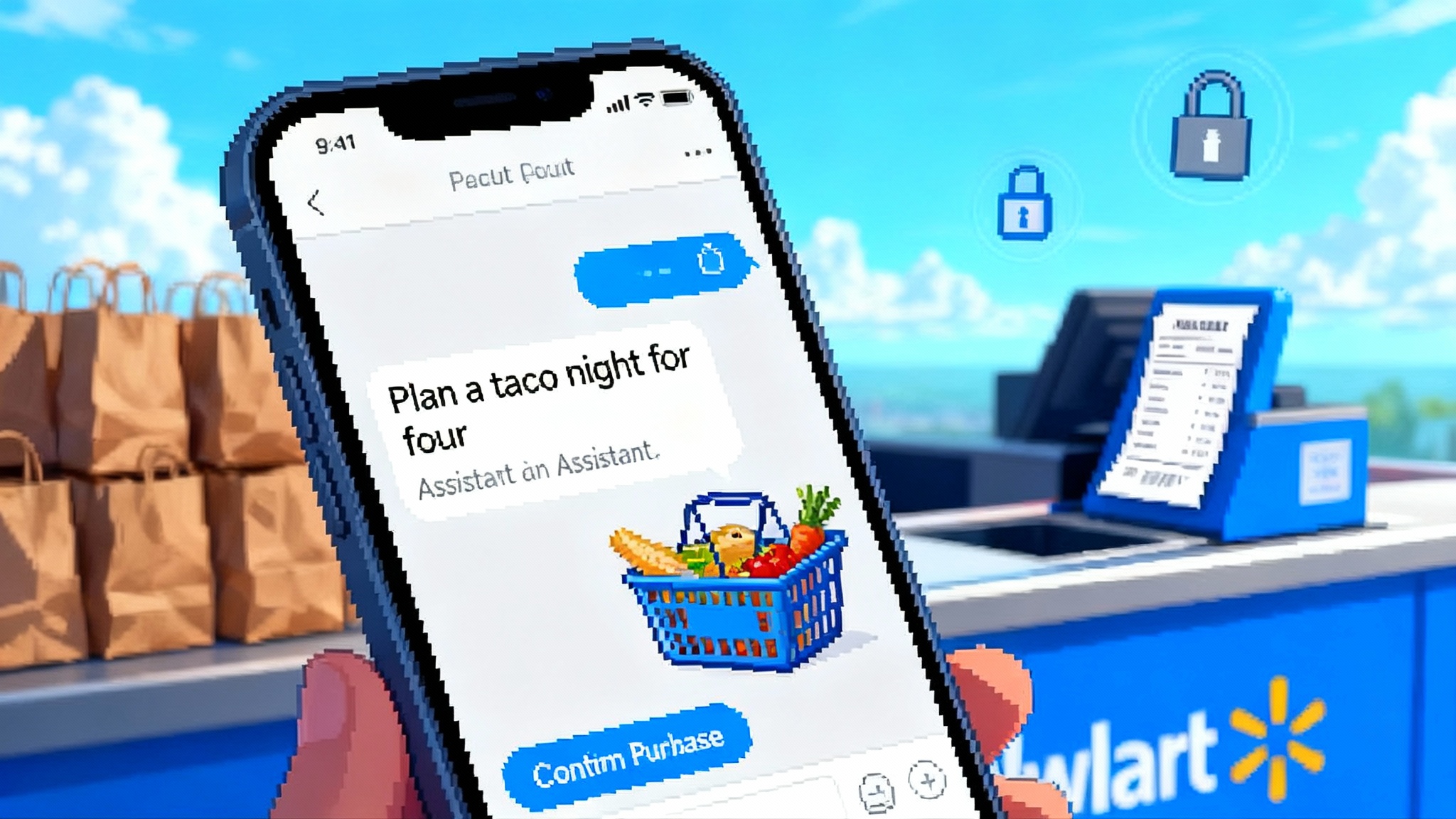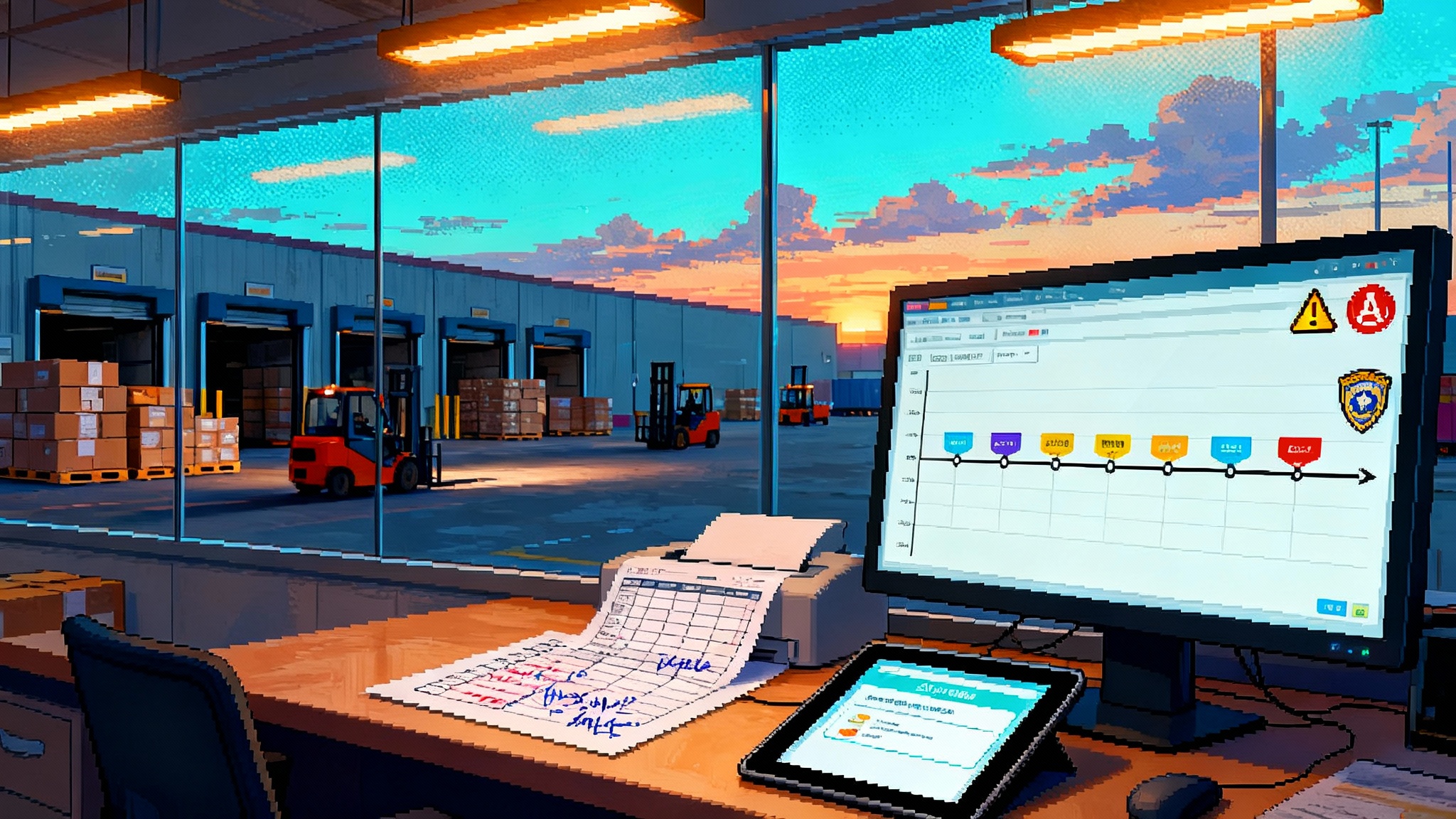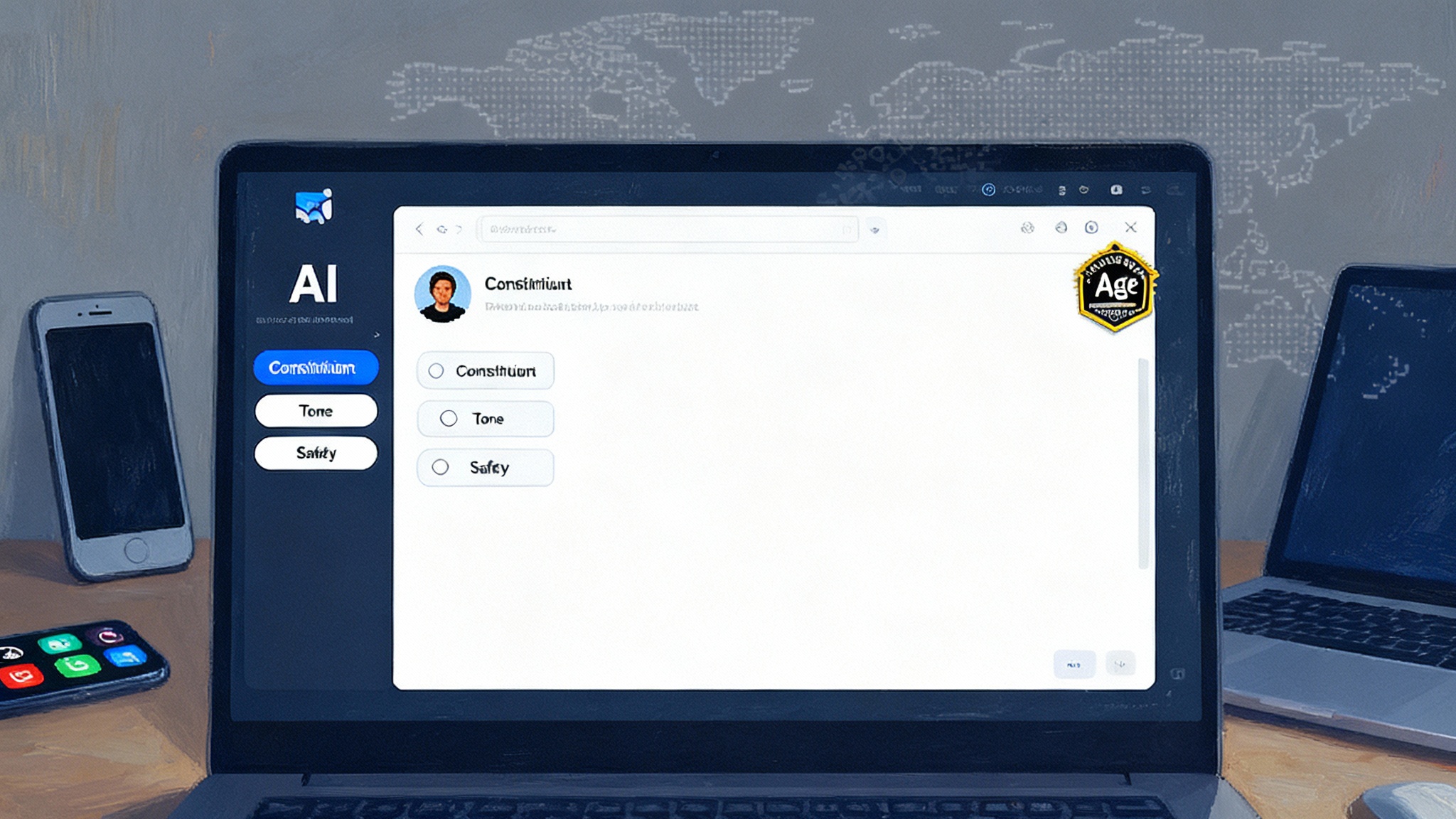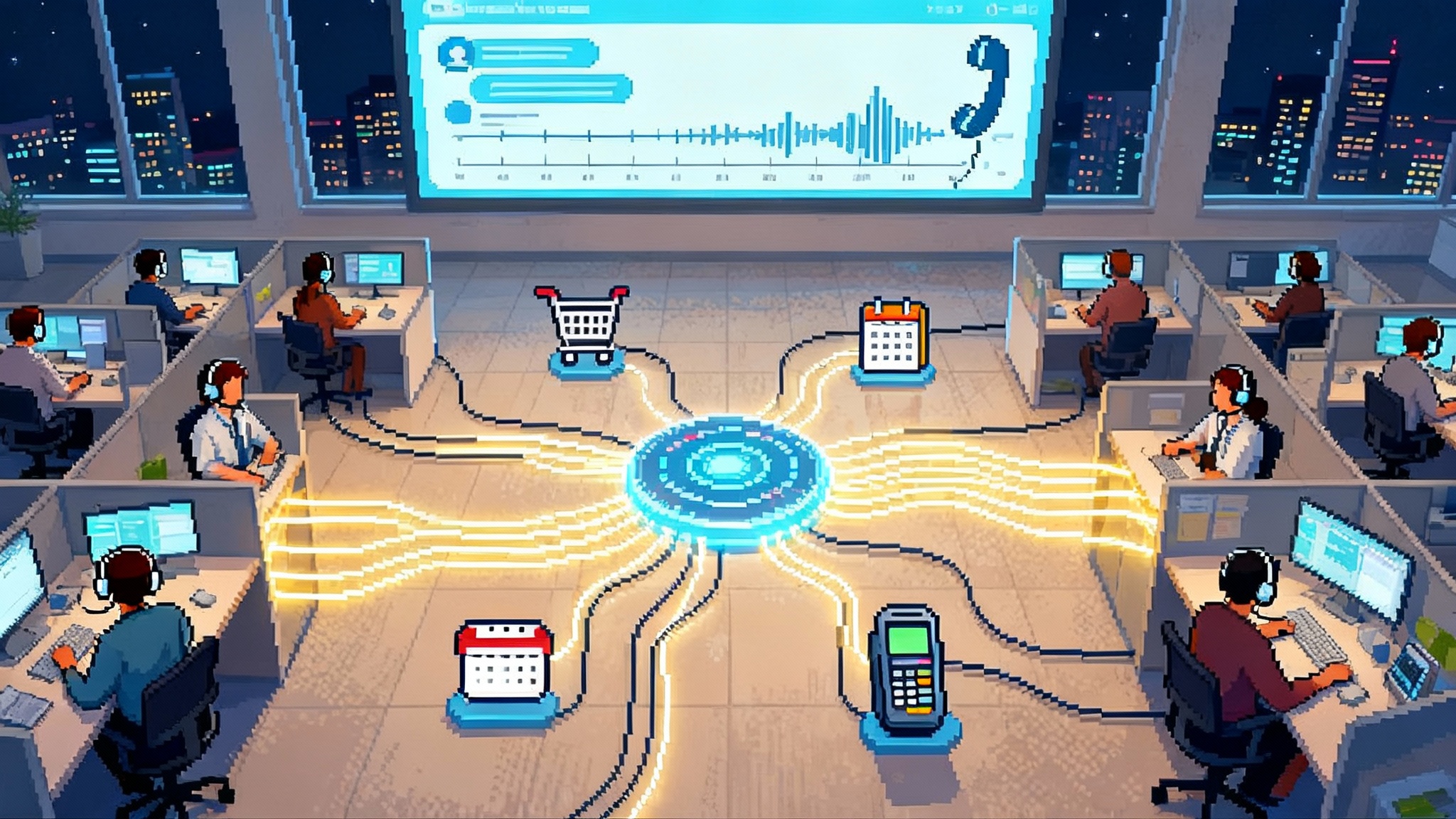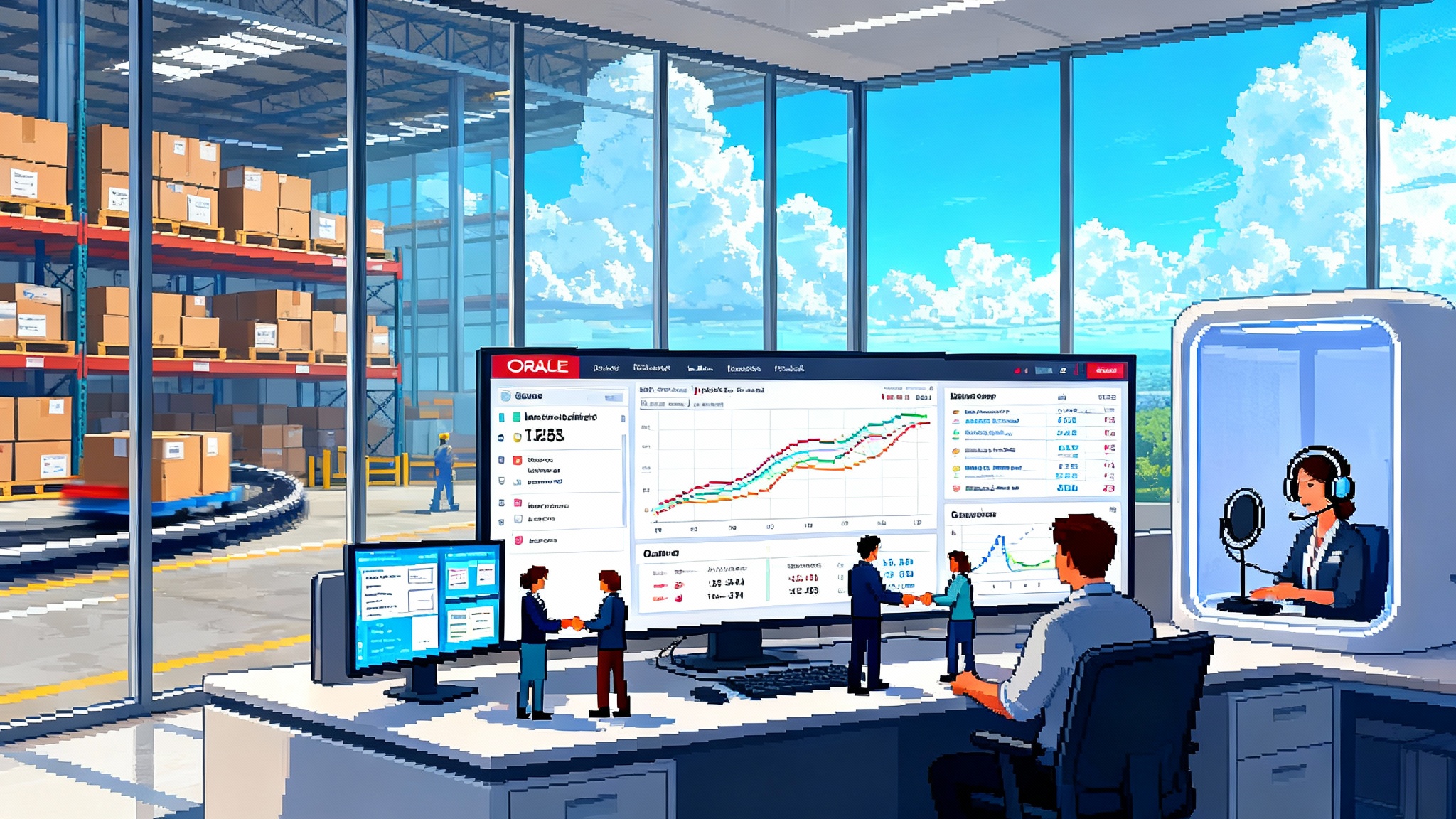Navigating the agentic future.
AgentsDB is a new project dedicated to covering the fast-evolving landscape of AI agents, product launches, ecosystem players, and the trends shaping tomorrow’s intelligent systems. Our mission is to make sense of this transformation and guide you through it with clarity and depth.
What's happening today?
Databricks + OpenAI: Agent Bricks ignites data-native AI
Databricks and OpenAI are turning enterprise agents from demos into dependable systems. With Agent Bricks on a governed lakehouse, teams can plan, act, evaluate, and ship a production agent with audit trails in 30 days.
Publisher-owned AI search goes live with Gist Answers
ProRata.ai has launched Gist Answers, a publisher-owned AI search that cites sources, respects paywalls, and shares ad revenue. See what changes for SEO, traffic, and ads, plus a practical build guide to ship it right.
From Rules to Rails: Europe Builds Public AI Infrastructure
In one October week, Brussels moved from writing AI rules to building the rails that make them real. Explore the EU Apply AI push, why it matters, and a 180 day U.S. playbook for competitive, safe adoption at scale.
Google’s Gemini 2.5 makes every user interface programmable
On October 7, 2025, Google previewed Gemini 2.5 Computer Use, which lets agents operate real software through the browser. Interfaces become scriptable surfaces that reshape roadmaps, staffing, and governance.
The Supervisor Era: Humans Edit, Models Write the Code
An AI lab reports most team code now comes from models, while platforms ship toolchains for agent workflows. Supervision, specs, evals, and compute budgets become the levers. Here is how to adapt in 90 days.
Claude Skills Turn Prompts Into a Modular Enterprise Workforce
Anthropic’s Claude Skills shift AI from chatty prompts to governed, pluggable capabilities. With contracts, policies, and observability, teams assemble a modular workforce of task‑specific assistants that can scale with control.
Jack & Jill’s AI agents turn hiring into bot-to-bot deals
Two autonomous agents now sit on both sides of the hiring table. Jack represents candidates. Jill represents employers. They negotiate constraints, align on fit, and hand humans interview-ready slates in days instead of weeks.
Windows becomes an agent platform with Copilot Actions and Vision
Microsoft is turning Windows into a true agent platform. Copilot Actions completes tasks and Copilot Vision coaches clicks on the apps you share. Learn what shipped and how ISVs and IT can move first.
The Good-Enough Frontier: Small Models Take the Lead
Cheap, fast, and close to your data, small AI models are crossing the threshold of sufficient intelligence. Learn how orchestration, fleet governance, and smart placement beat raw size on reliability, speed, and cost.
Salesforce flips the switch: Agentforce 360 turns CRM into agents
At Dreamforce 2025, Salesforce launched Agentforce 360 and reframed CRM as a governed agent platform. See what is live now, how it shifts build versus buy, and a 30 day plan to launch an ROI positive agent on Salesforce data.
The Great Data Partition: AI Browsers Face a Licensed Web
AI-native browsers are arriving just as the open web gets priced and permissioned. Here is how licenses, provenance, and new payment flows will change research, model training, and everyday browsing over the next two quarters.
Chat Becomes Checkout: Walmart and OpenAI Start Instant Checkout
On October 14, 2025, Walmart said shoppers will soon buy directly inside ChatGPT using Instant Checkout. This is the clearest signal that agentic commerce is going mainstream. Here is what changes and how to prepare.
The Warehouse Agent Goes Free. Operations Just Changed
AutoScheduler has released a free Warehouse Decision Agent that coordinators can use today. Warehousing is emerging as the first real beachhead for agentic AI, with crisp data, clear KPIs, and small models that plan and replan real work.
Notion 3.0 makes agents the new primitive for work
Notion 3.0 moves beyond chat and makes native AI agents part of the workspace. Here is what shipped, why it matters, and how to pilot agents with strong guardrails, smarter connectors, and real impact on team flow.
AI Alignment Gets Personal: Users Pick Moral Settings
Alignment is moving from hidden defaults to visible user controls. Verified adults may soon toggle mature themes and choose tone, while teens get capped experiences. Here is how selectable constitutions will reshape AI products.
Dialpad’s agentic AI makes CX the first autonomy beachhead
Dialpad is positioning customer experience as the first real beachhead for autonomy. We break down how reusable Skills, Workflows, secure connectors, and omnichannel context can reset containment and handle time economics.
Figure 03 Moves Agents Off Screen And Into The World
Figure 03 moves embodied agents from demo to deployment with a Helix native control stack, tactile hands, 2 kW wireless charging, and a BotQ supply chain built for volume. Here is why that matters now.
Oracle’s Fusion Agents Begin Running the Enterprise Back Office
At Oracle AI World on October 15, Oracle embedded AI agents across Fusion Cloud apps for finance, planning, supply chain, and CX. The shift moves enterprise AI from chat to execution inside the system of record with human control.




